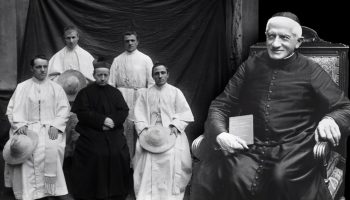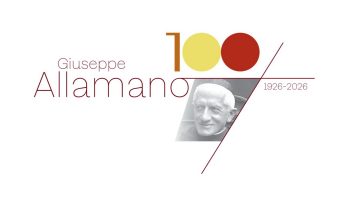
In preparation for Father Joseph Allamano’s canonization, and following the annual programme, the Consolata missionaries (priests, brothers and sisters) gathered together from 1st to 5th of October for their annual Spiritual Retreat. The topic of reflection was on holiness, given by father Dawit Sendabo, IMC from the Ethiopian Region.
By Paulino Madeje *
Let’s read the letter
“My dear children in Jesus Christ, soon you are gathering for spiritual exercises (your annual retreat). In this reflection you will do, I am with you in spirit, I invite you all to learn the methods that are most suitable for your purification and for the conversion of the people you serve” (blessed Yosef Allamano). With these words from Father Allamano’s letter to the Consolata missionaries in Kenya, on December 24, 1907, Father Dawit opened his reflection.
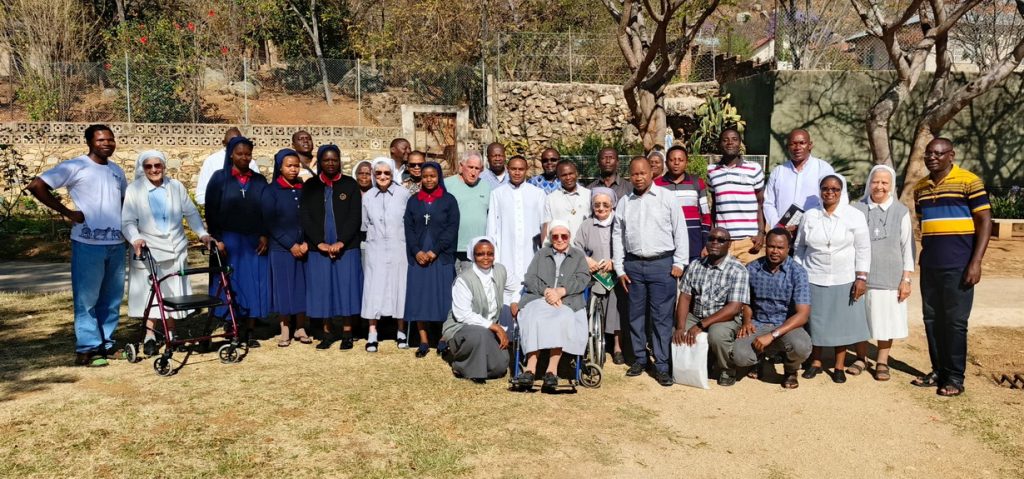
He pointed out that the founder emphasizes three things in the letter: One is to examine our lives for our personal purification, Two: to strive for perfection while reflecting on the teachings of the saints and theologians. Finally: putting emphasis on our three vows namely poverty, chastity and obedience.
“In a state of anxiety, unexpected situations in our lives: knowing that Allamano is with us will brings us peace, because the trials we go through in our mission and religious life often rob us joy and peace”, emphasized Abba Dawit.
Personal purification is very important, and that is why Allamano tells us that we should be holy before becoming missionaries. Holiness and mission are important biblical themes, and they are like conjoined twins. They are inseparable concepts in the Bible. And moreover, holiness is God’s call to every human being (refer to 1 Peter 1:16). In the journey of self-purification, impofrtant resources include prayer, meditation, good deeds, personal love and to the neighbour, family spirit, etc.
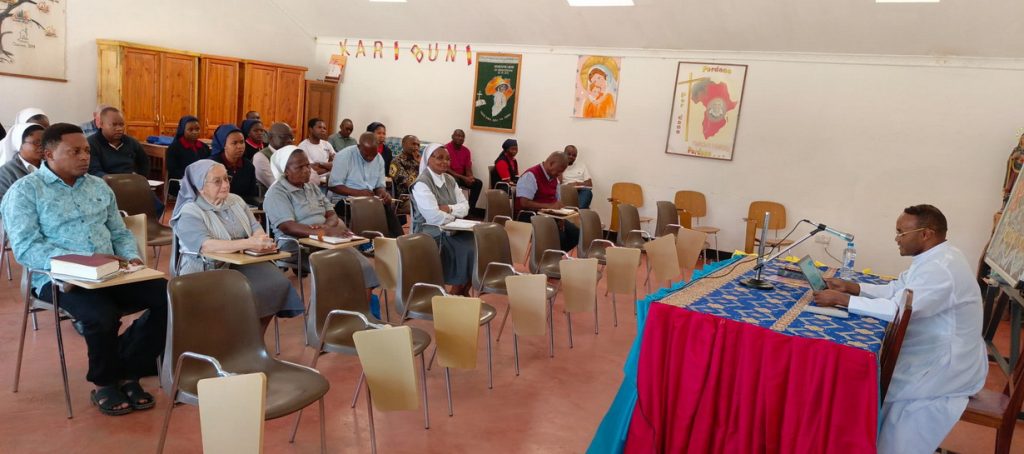
In the example of Christ
The retreat master made us reflect on the call of different people in the Bible, starting with Christ himself. Similarly, the call of the Virgin Mary, Saint Peter the apostle and the disciples of Jesus in general, enriched the reflection. Speaking about the baptism and the mission of Christ, the father Dawit explained that just as our Lord was not given a place of rest or comfort after his baptism, except being sent to the desert, the missionary life is also a life of service.
Commenting on the Gospel of Luke 13:10-17, about the woman who was healed by Jesus on the Sabbath after eighteen years of suffering, the father stressed that the main task of the Redeemer was to bring together and unite those whom the society had isolated in one way or another and for various reasons. At the time of Jesus, being a woman, sick and on the Sabbath were major obstacles in approaching God’s mercy. Jesus breaks all that, because mercy overpowers the law, and the law was made for a man (refer Mark 2:27).
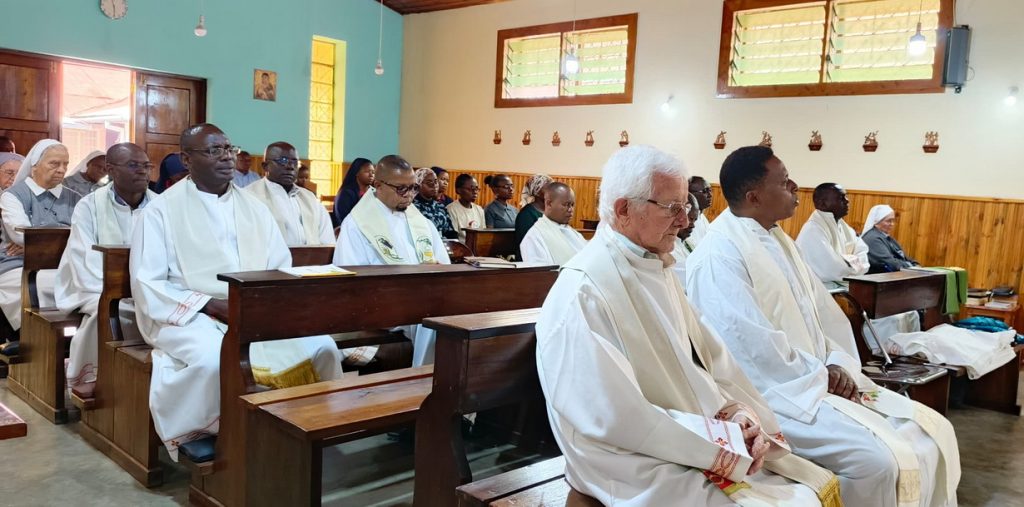
“Like this woman, we all have many cases of weakness. Following her example, let’s not be afraid of examining ourselves deeply to discover our tendencies and our weaknesses. After being cured of her illness, the this gentile woman raised her face, and the first person she saw was Christ. She then went out to announce God’s mercy to all, inviting us also to do the same”, emphasized Abba Dawit.
A missionary should seek holiness through God’s mercy at all times. The retreat master added that Sister Margherita de Maria, who was close to Father Allamano especially in the formation of the Consolata Sisters, realized that a life of sanctification can be done in three ways:
- Accepting God’s will.
- To resemble with God’s will.
- Doing only that which God wants.
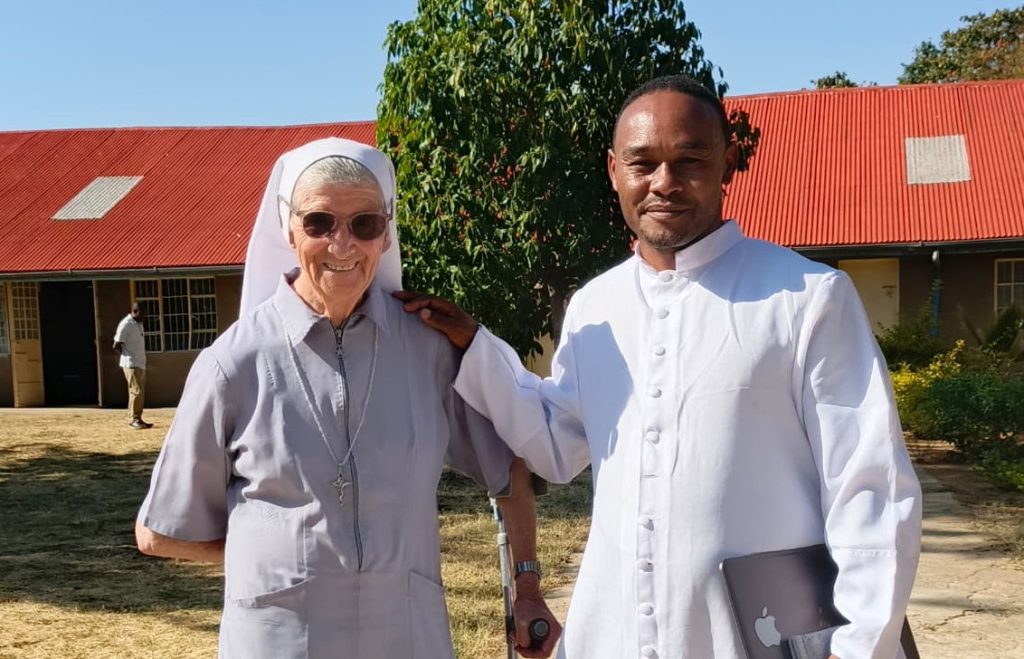
Let us keep this
Allamano’s suggestion on Holiness first then Missionary never changes. It is still valid and has always been valid throughout the Church of Christ. However, holiness fulfilment requires a true commitment without holding back. Moreover, heading towards our founder’s canonization, we should live intensely this holiness today, as Father Allamano himself says.
* Father Paulino Madeje, IMC, is the director of Enendeni magazine.

